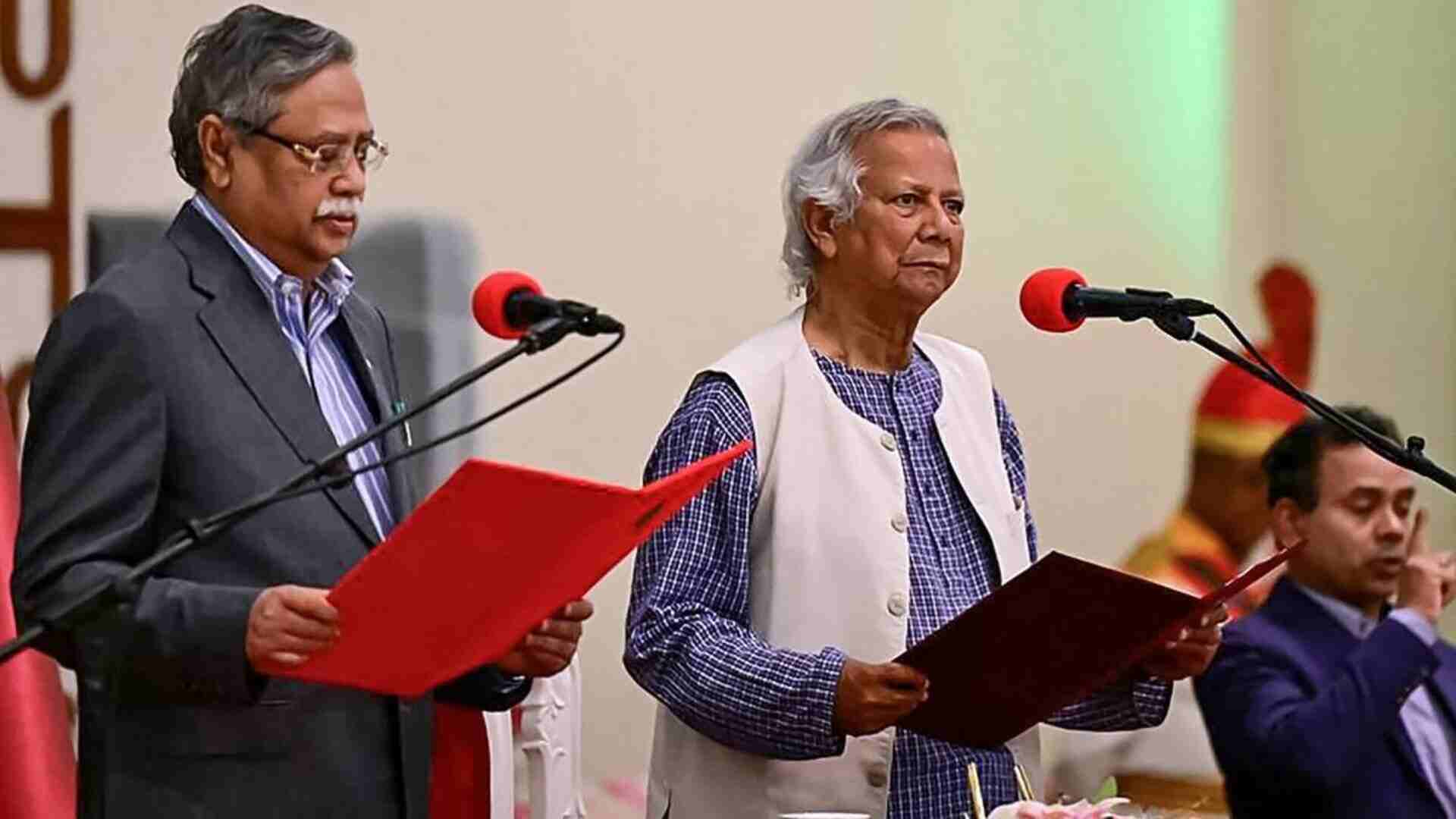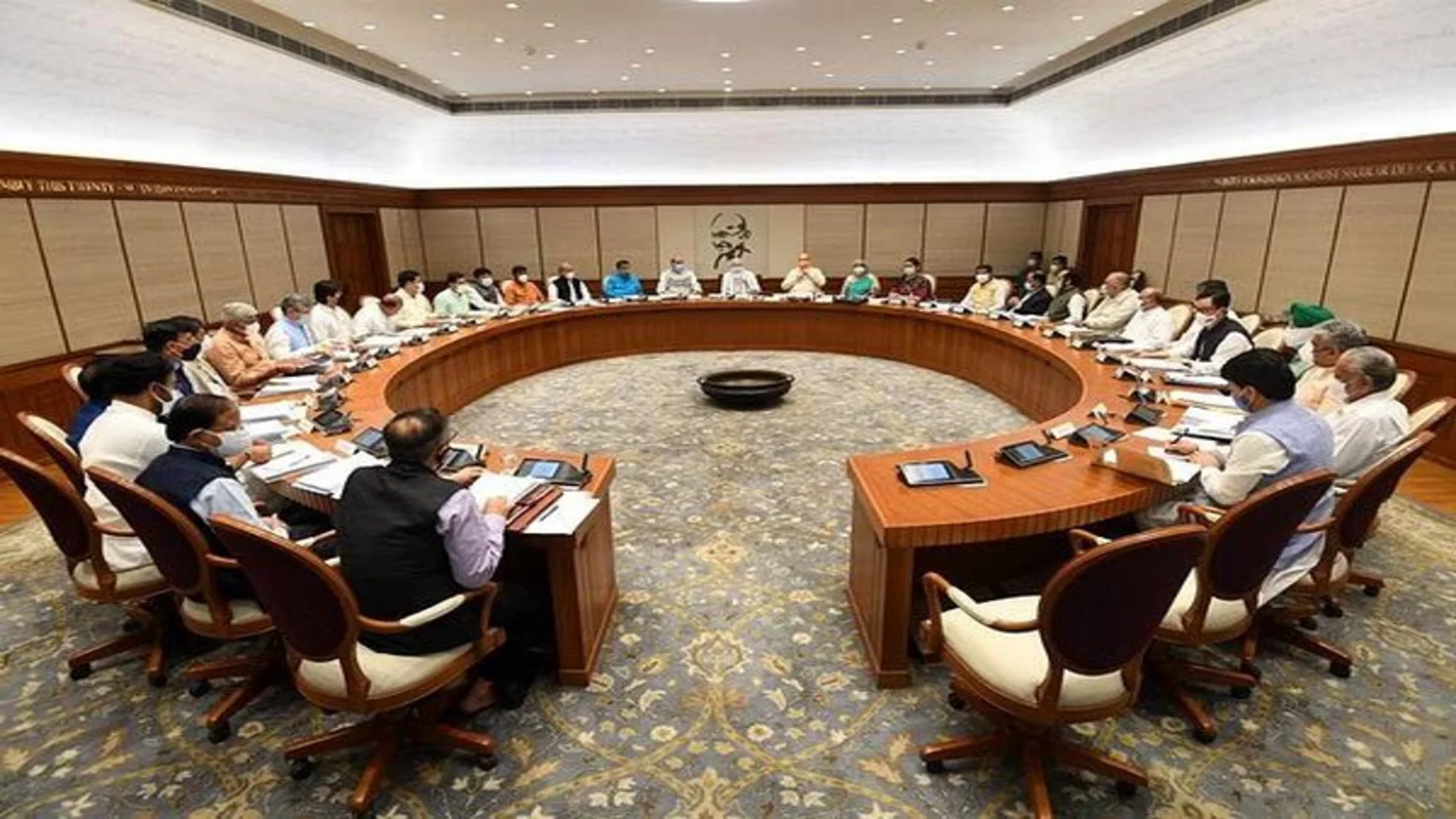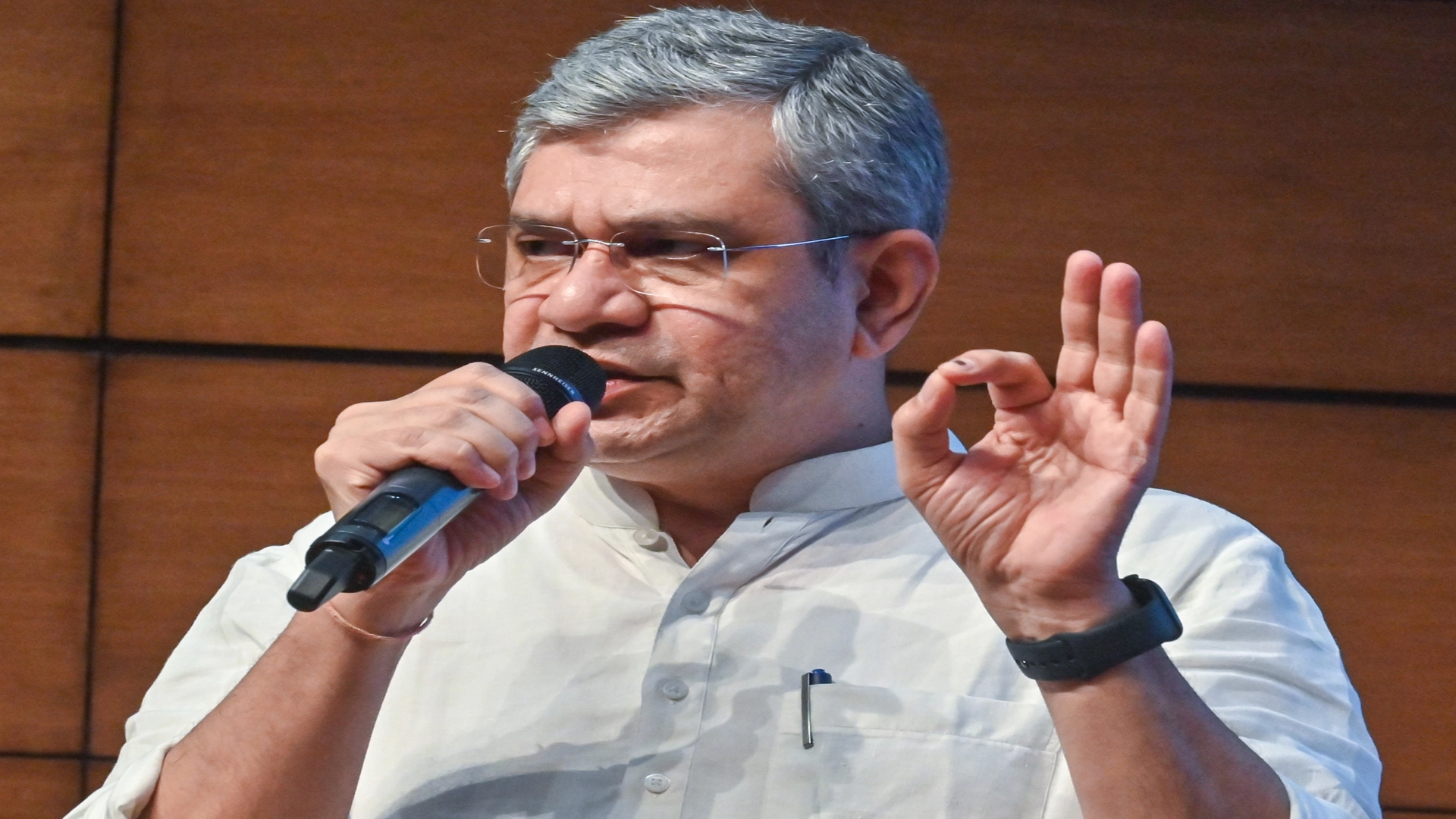
India’s Response to the Interim Government
Nobel Peace Prize laureate Muhammad Yunus was sworn in as the chief adviser of Bangladesh’s interim government on Thursday, August 8, following a student-led uprising that ended Sheikh Hasina’s 15-year rule. Yunus took the oath at the presidential palace in Dhaka, with political leaders, civil society members, military officials, and diplomats in attendance. Alongside Yunus, more than a dozen advisers, who will serve in place of ministers, were also sworn in.
India’s Prime Minister Narendra Modi extended his congratulations to Yunus, reaffirming India’s commitment to its partnership with Bangladesh. Modi expressed hopes for a quick return to normalcy in the country and emphasized the importance of protecting minority communities, particularly Hindus, who have faced violence since Hasina’s departure.
China Welcomes the Interim Government
China also welcomed the formation of Bangladesh’s interim government while underscoring its principle of non-interference in other nations’ internal affairs. A spokesperson from the Chinese foreign ministry expressed China’s respect for Bangladesh’s chosen development path and indicated Beijing’s intent to maintain and strengthen bilateral relations.
Pakistan Welcomes the Interim Government
Pakistani Prime Minister Shehbaz Sharif extended his congratulations to Yunus, wishing him success in guiding Bangladesh towards a prosperous future. Sharif also expressed his eagerness to deepen cooperation between Pakistan and Bangladesh.
United States Welcomes the Interim Government
The United States welcomed the new government under Yunus, expressing hopes for a peaceful and democratic transition. State Department spokesman Matthew Miller reiterated Washington’s support for the interim administration as it works towards a democratic future for Bangladesh.
European Union Welcomes the Interim Government
The European Union echoed these sentiments, with EU foreign policy chief Josep Borrell expressing optimism about engaging with the new administration. Borrell emphasized the importance of a peaceful and inclusive transition process grounded in good governance, democratic values, and human rights.















